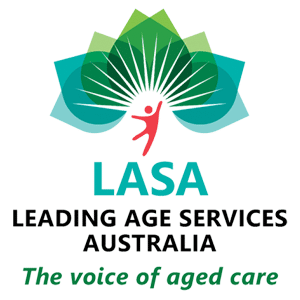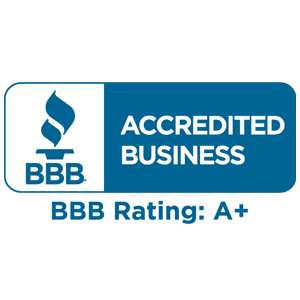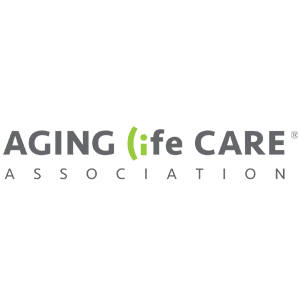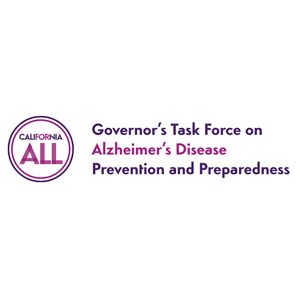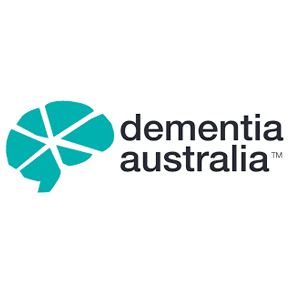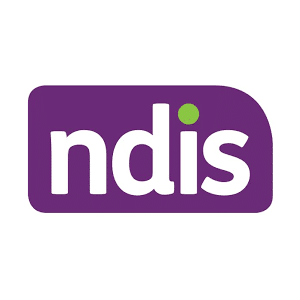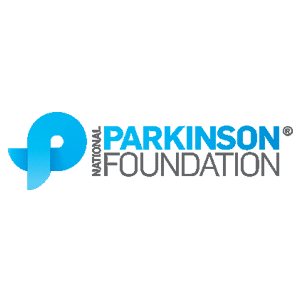Maximising Senior Health & Quality of Life Through a High-Protein Diet
Ageing is a reality of life that we have learned to accept, but if we don’t take care of our health along the way, it can drastically reduce the quality of our lives.
Your health and welfare are our top priorities at Home Care Help, therefore we make sure that eating a well-balanced diet is a key component of your care.
Weakness and frailty can start to set in after the age of 65, which is why diet, especially high-protein, is vital for keeping healthy bones and muscles and ultimately allowing us to operate. We recognise the value of food, exercise, mental stimulation, and social connections to lower stress and promote the greatest life through our Balanced Care Method
We provide personal care assistance and lifestyle support to seniors, taking into account the tenets of the Balanced Care Method at every stage. Key components of this support include nutrition, meal preparation, and cooking.
Why should seniors consume more protein?
Our bodies need around 50% more protein as we age than they do as young adults in order to maintain healthy muscular development and strength and a great quality of life.
Consuming protein and getting enough of it in our diets also helps to boost our immune systems, speed up our bodies ability to recover from illnesses, and maintain hormonal balance. Without it, our bodies begin to degrade muscle mass and we gradually lose bone density, which gradually eliminates the protection a high-protein diet can offer.
The ability to maintain our nutritional reserves as we age will affect our ability to perform daily activities like getting in and out of chairs, gardening, and playing with our grandchildren. Healthy, strong muscles and bones, together with a diet high in protein, make even simple chores like getting in and out of the shower or bath easier.
Describe protein.
One of the basic nutrients that make up our body is protein. Every cell in the body, including those in muscles, bones, internal organs, skin, hair, and even nails, depends on protein to operate. Especially as we become older, protein, whether from animal or plant sources including eggs, nuts, dairy, meat, and legumes, is crucial for the growth, repair, and mending of cells and body tissue.
How much protein should elderly people eat each day?
It is commonly advised that 10 to 35% of calories come from protein, however, studies have indicated that seniors may need as little as 1.0 to 1.3 grammes of protein per kilogram of body weight, which is far less than the recommended 10 to 35%. For instance, if you weigh 70 kg, you might need to eat at least 70 to 90 grammes of protein per day, regardless of how many calories you consume. This can be divided throughout meals, making it simpler to eat in more manageable, incrementally sized portions.
How to boost the amount of protein you eat at each meal?
It is advised to consume the protein source first when eating a meal, especially before the carbs. Why? Seniors with Type 2 diabetes should pay special attention to this since it can help control blood sugar levels and prevent them from climbing too high after meals.
You must have a plan if you want to increase the amount of protein in your diet, and this plan must begin with being aware of your protein requirements.
Create a list of your favourite high-protein items, and at each meal, aim to replace carbohydrates with one from the list. We at Home Care Assistance can assist you with meal preparation, remind you to get enough protein each day and suggest nourishing, high-protein breakfast, lunch, and dinner options.
The beginning is simpler than you may imagine and can be accomplished by adding nuts and seeds to your morning cereal, starting the day with nutrient-dense eggs, or preparing a Greek yogurt-based breakfast dish that contains 17–20 grammes of protein already.
As we become older, it’s more crucial than ever to begin eating thoughtfully in order to achieve and maintain maximum health through a high-protein diet.
Your quality of life while living independently at home can greatly benefit and be comforted by the assistance of an in-home care provider like Home Care Assistance. When it comes to promoting independent living, Home Care Support has workable alternatives. Contact Home Care Assistance in my area right away for additional details.



